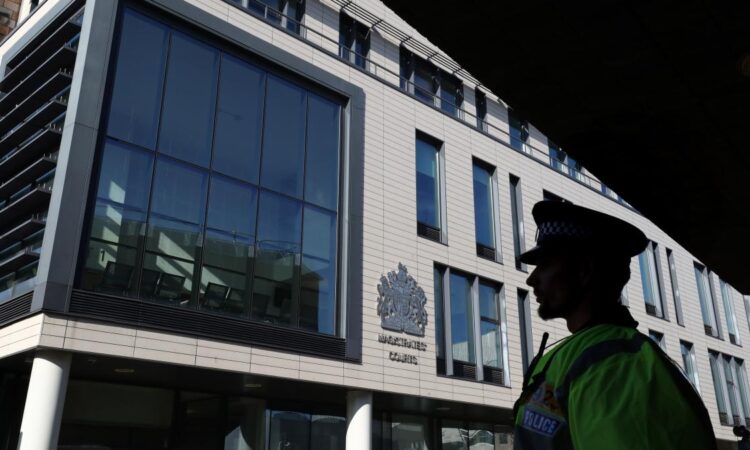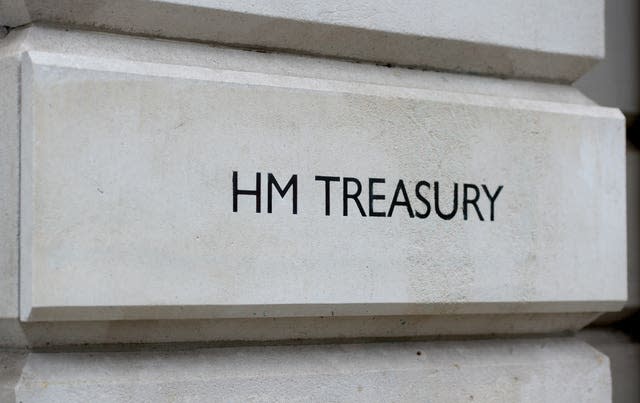
The Government risks undermining rules to ensure criminals cannot launder their money through UK bank accounts if it makes knee-jerk decisions after Nigel Farage’s bank account was closed, experts have warned.
Proposed changes unveiled by ministers last week could also make it more difficult for politicians like Mr Farage to get an account in the first place, they added.
Coutts, a bank for the rich, last month shut Mr Farage’s account because it could no longer make enough money from him.

In an internal report it said it had also taken into account his political stance, which it deemed at odds with its purpose.
In response, claiming Coutts hampered Mr Farage’s freedom of speech, the Government quickly said it will force banks to explain why they close accounts and give customers 90 days’ notice.
But this may have a chilling effect on decisions made by banks, said Tom Keatinge at the Rusi think tank who once worked on the teams making these decisions for JPMorgan.
“So I’m a bank. I have been deputised by the money laundering regulations and other laws to look for suspicious activity to basically defend the UK and the financial system from abuse by criminals for money laundering and the like,” he said.
“Now the Government is limiting one of the important tools that I have to achieve that – that is being able to close a bank account at 60 days’ notice without having to give a reason.”
It will potentially leave banks “less willing to take people on”, making it harder for so-called politically exposed persons (PEPs) like Mr Farage to get an account in the first place, he said.
“Whereas on a 50/50 call, I might have given someone a bank account in the past, now I’m going to need to be 70/30 because I don’t want to go through the process of having to disclose why I’m closing an account.”
“That, by the way, might tip them off (to a criminal investigation) because you might send them a letter that reveals you suspect them of being connected with an organised crime group.”
Oliver Bullough, the author of Moneyland and Butler To The World, echoed Mr Keatinge’s words.
He said the detail in the Government’s announcement was slim but it could make banks “more unwilling to provide banking services” to PEPs.
He said when it scrutinised Mr Farage, Coutts did what the Government has been asking it to do for years.
“Our regulators have been demanding – with threats of fines and backed up by our politicians – for years and years that banks do a better job of checking the origin of the wealth of their clients and the ongoing relationship with their clients all the time.
“And so banks have responded to that pressure and the incentives.”

He said Coutts was fined £8.75 million by the Financial Services Authority in 2012 for, among other things, failing to identify and record all customers who were PEPs.
Even if there is no suggestion of wrongdoing – as in Mr Farage’s case – PEPs are considered higher risk and banks have a legal duty to keep a closer eye on them.
Such checks are vital for helping to combat money laundering through British banks but also mean it is expensive to provide a bank account to PEPs.
Therefore banks will sometimes try to avoid offering services to such customers, especially if they are not providing a lot of revenue for the bank.
Mr Keatinge said denying bank accounts or shutting accounts has been done for years due to money laundering regulations.
When some Somali money service businesses complained a decade ago the Government said it would not intervene in the decision-making of private businesses.
Mr Bullough said oligarchs from countries around the world – although perhaps not from Russia – may follow a similar playbook to Mr Farage if they are denied a bank account.






